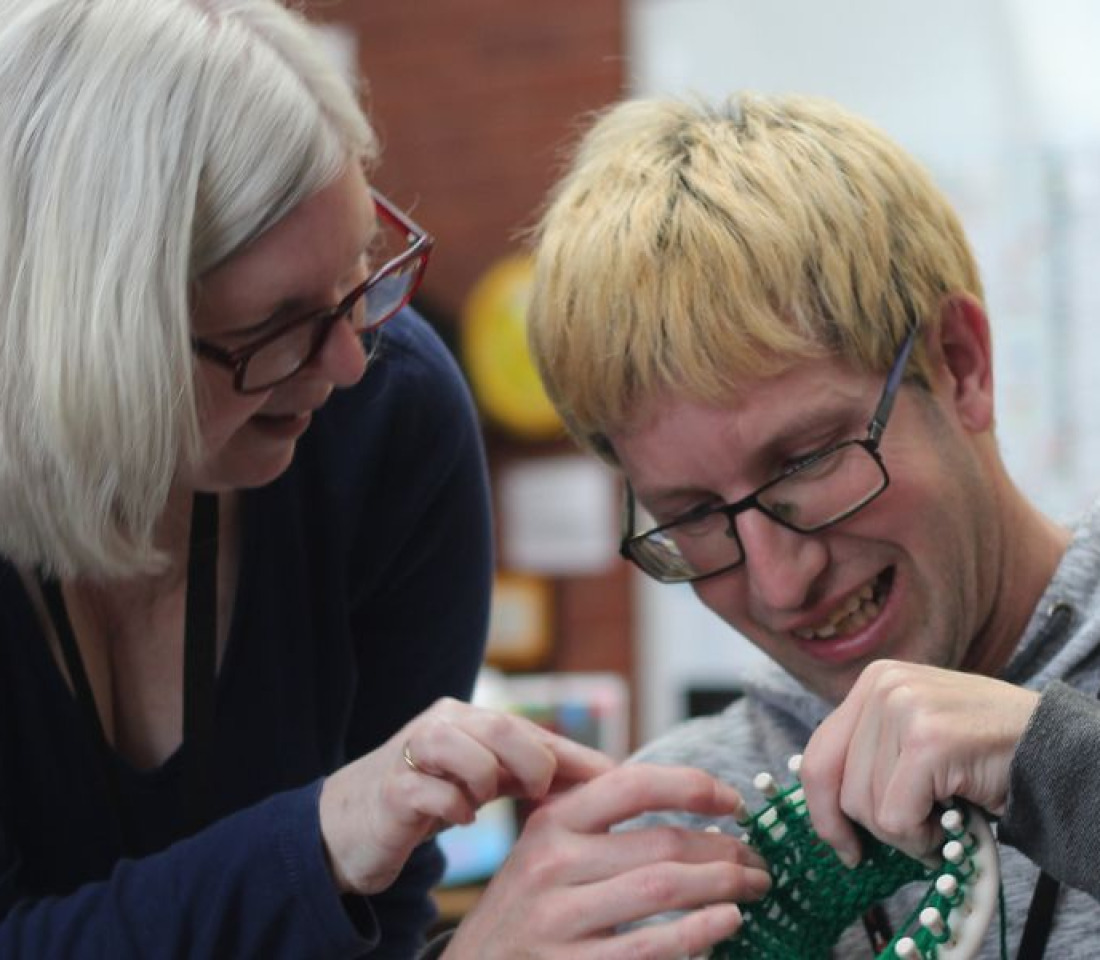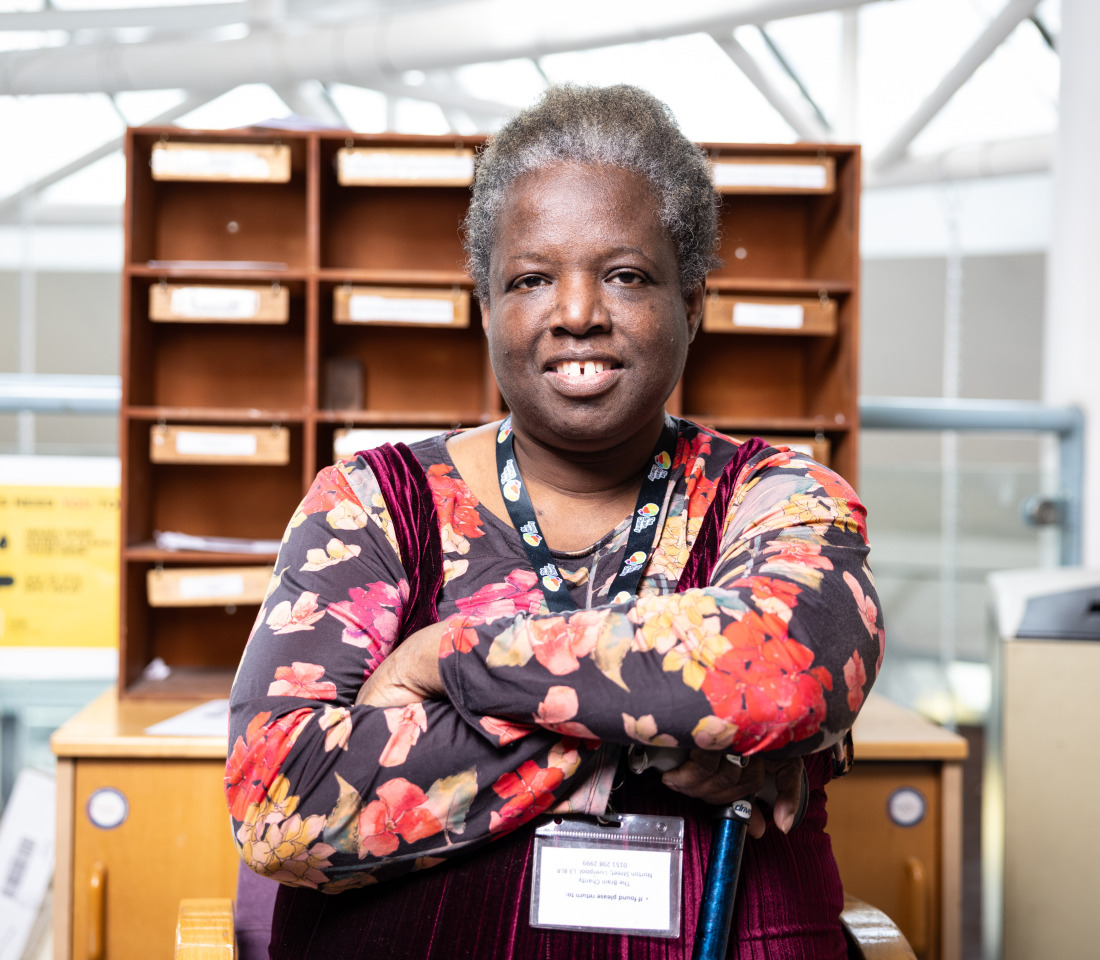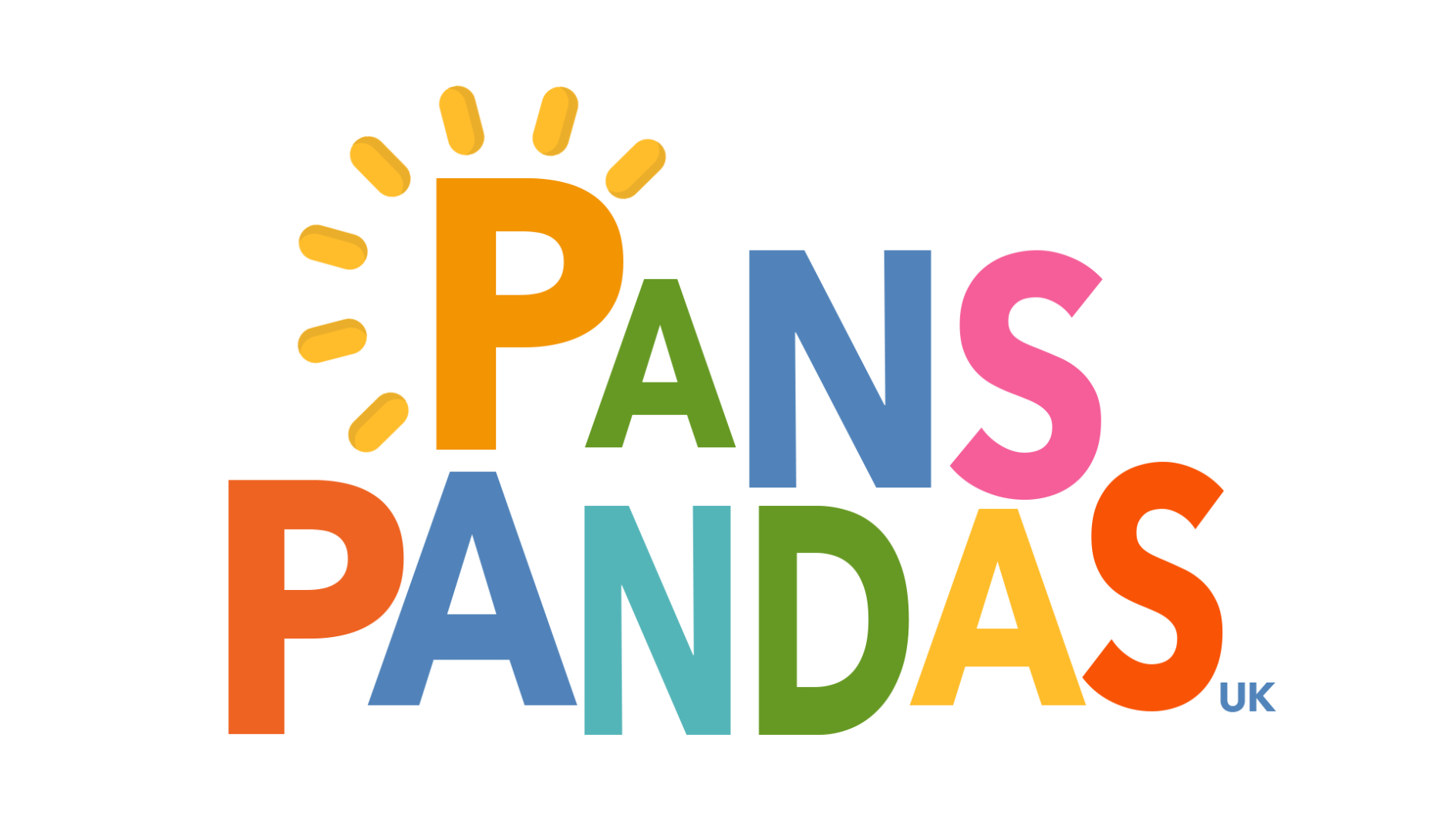
SPOTLIGHT ON: PANS PANDAS – ‘naughty’ kids could actually have rare brain condition
A lack of awareness means children with PANS and PANDAS are often misdiagnosed
“When I look back at our family videos, I remember how my daughter used to be. I don’t expect a miracle, I just want to be able to have a conversation with her again.”
- Patrick, father of Annie, who has lived with PANDAS since contracting Strep at just twelve years old.
PANS and PANDAS are neuropsychiatric conditions which can affect children and young people* following an infection. They are characterised by frightening, sudden, significant behavioural and emotional changes; seemingly overnight.
PANS stands for Paediatric Acute-onset Neuropsychiatric Syndrome. It can be triggered by various infections, including viral infections such as glandular fever, herpes simplex, chicken pox, influenza or COVID-19, and bacterial infections.
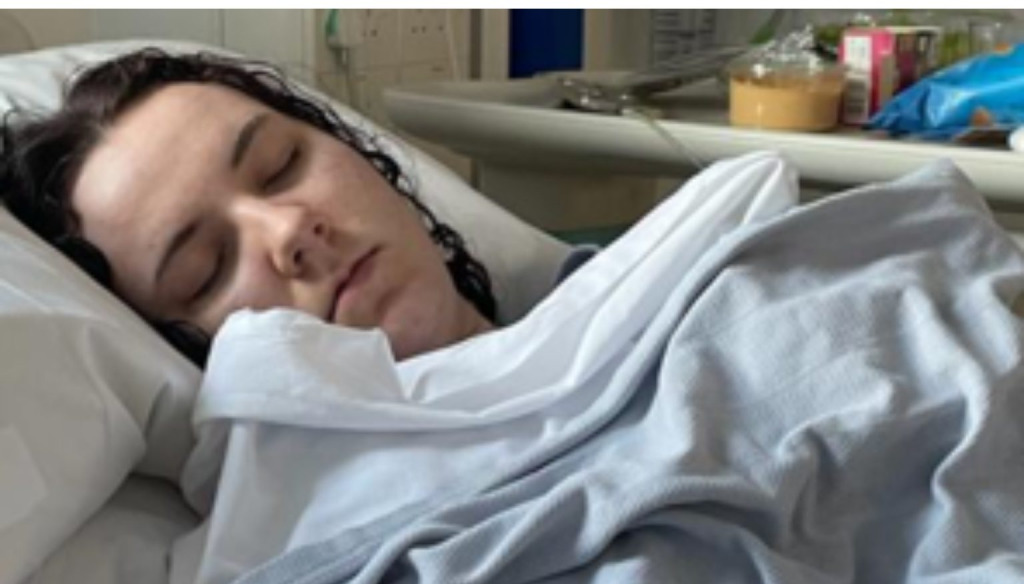
PANDAS stands for Paediatric Autoimmune Neuropsychiatric Disorders Associated with Streptococcal infections. PANDAS is a subtype of PANS. It specifically refers to cases where the onset of symptoms is associated with a Group A Streptococcus (GAS or ‘strep’) infection, such as in scarlet fever, strep throat or tonsilitis.
PANS and PANDAS are often grouped because they share many common symptoms, both neurological (e.g., difficulties with thinking or moving) and psychiatric (i.e., mental health). The conditions can begin quite suddenly, and symptoms may occur over time. PANS and PANDAS can interfere with schooling, rapidly become extremely debilitating and reduce the quality of life for both the child and their family.
For more information about symptoms and diagnosis, please continue reading or visit https://panspandasuk.org/what-are-pans-and-pandas/
*Although the conditions usually affect children and young people, symptoms can persist into adulthood, and some people may even experience the onset of PANS or PANDAS in adulthood.
Symptoms of PANS and PANDAS
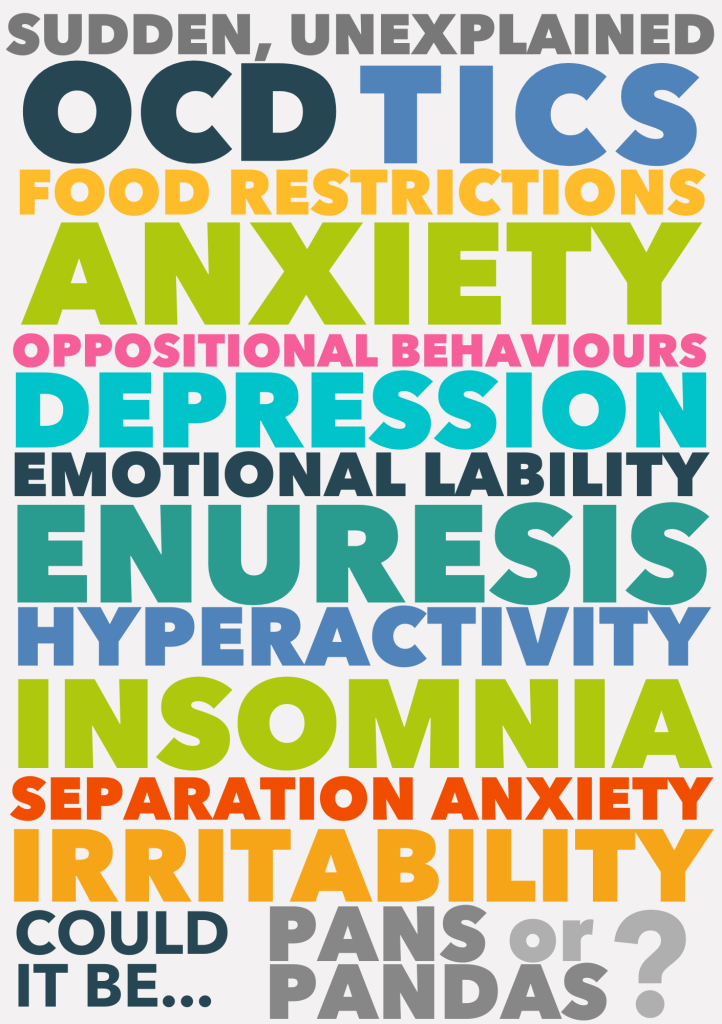
To diagnose PANS or PANDAS, specific primary symptoms must be observed. The onset of these symptoms is usually abrupt, often escalating over 24-48 hours.
In PANS, the primary symptoms are sudden onset OCD behaviours and severe eating restrictions, accompanied by additional secondary symptoms which may include tics, changes in everyday behaviours, personality and mood, decreased cognitive ability and functioning at school, enhanced sensory sensitivities, anxiety and/or sleep and urinary disturbances. Both primary symptoms and at least one secondary symptom must have developed before diagnosis can occur.
In PANDAS, the primary symptoms are OCD behaviours and/or tics. These may also be accompanied by eating restrictions or other secondary symptoms, as listed above, but these are not always present and are unnecessary for a diagnosis.
Causes of PANS and PANDAS
The underlying cause of PANS and PANDAS is suspected to be an abnormal immune or inflammatory response to infection. Genetic susceptibility, developmental, and environmental factors are also thought to contribute to individual children’s development of these conditions.
Diagnosis of PANS or PANDAS
PANS and PANDAS are both clinical diagnoses. There are no specific tests or biomarkers, meaning the conditions are diagnosed by excluding other reasons for the child or young person’s sudden change in behaviour. The full diagnostic criteria are available at PANSPANDASUK.org.
Treatment of PANS or PANDAS
PANS and PANDAS are tough, but they are treatable.
A GP may initially prescribe antibiotics to treat the Group A Streptococcus (GAS) or other bacterial infection that may have triggered PANS or PANDAS. They may wish to refer a child to a paediatrician, neurologist, or immunologist to conduct further tests and determine a suitable treatment plan.
For the treatment of symptoms such as OCD and other mental health concerns, CBT can be helpful, so a GP may also refer to CAMHS (Child and Adolescent Mental Health Services). Whilst this mental health support is an essential part of the support available for someone with PANS and PANDAS, it is vital that children and young people also receive a complete medical evaluation.
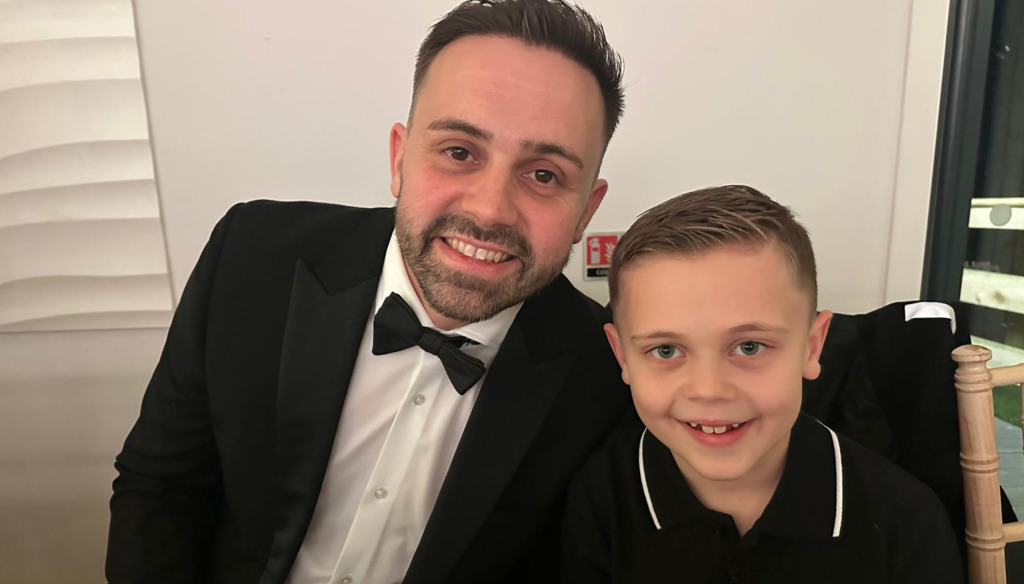
UK treatment guidelines are in development and are expected to be published in 2026. In the meantime, two sets of international, peer-reviewed guidelines have been published. Click here to view these international guidelines.
Support and resources
PANS PANDAS UK is the only UK charity working to support people living with the neuropsychiatric conditions PANS and PANDAS. They strive to inform and support all children, young people and adults affected by these devastating conditions. They are pushing for better awareness of PANS and PANDAS and for improved healthcare and support.
On their website, you will find more information about their work, the conditions and more real-life stories like Annie’s. They host regional in-person support groups and a private Facebook Support Group for parents and carers.
They also offer free, CPD-accredited online teacher training to ensure that education professionals understand and know how to support children and young people with PANS and PANDAS. Medical professionals can sign up for our quarterly physicians’ network bulletin, which shares the latest research to ensure knowledge and understanding of these complex conditions continue to improve.
For more information visit www.panspandasuk.org or email info@panspandasuk.org
The Brain Charity’s SPOTLIGHT ON series highlights the work being carried out to raise awareness of different conditions by charities, groups and individuals.
To submit an article, email communications@thebraincharity.org.uk
Categories: News, Spotlight on series
Published: 18 June 2021

